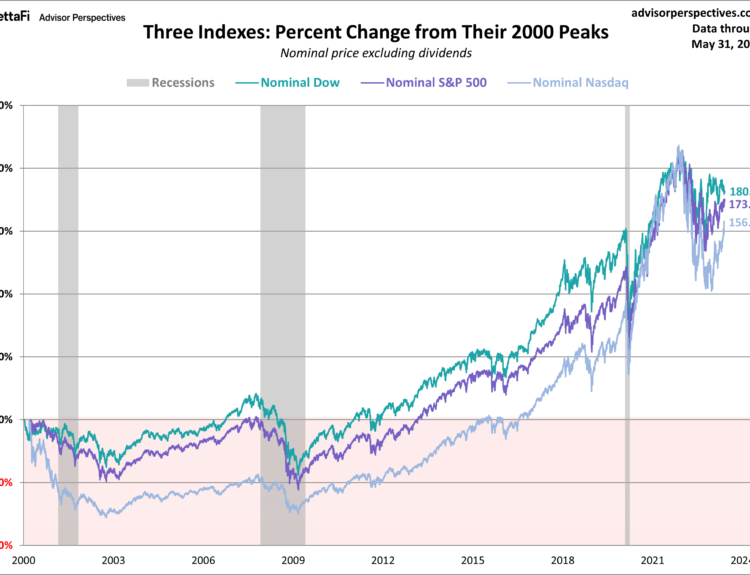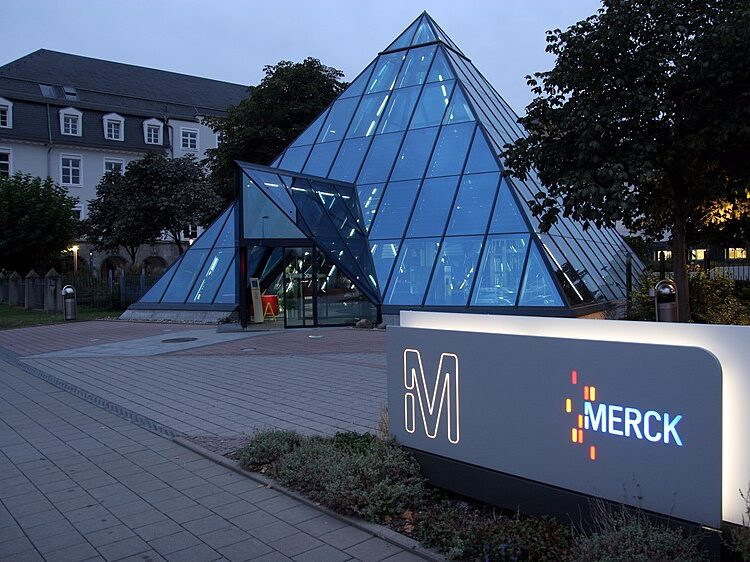Seizing opportunities in a manufacturing revival, investors are reshaping property markets across the U.S.
- U.S. manufacturing revival attracts property investors.
- Nearly $500 billion committed to new factories for electric vehicles and semiconductors.
- Investors are targeting warehouses, hotels, and apartments near new manufacturing sites.
- Taiwan Semiconductor’s $65 billion facility in Phoenix is a major investment hub.
- Challenges include high interest rates and potential delays in factory completions.
- Cities need to enhance infrastructure to support increased demand.
- Speculative land prices have surged near new manufacturing sites.
- Environmental concerns arise regarding water usage and land development.
The United States is witnessing a significant manufacturing revival, prompting a surge in property investment. Both American and international companies have pledged nearly half a trillion dollars to establish new factories focused on electric vehicles, semiconductors, and other products, as reported by real estate analytics firm Green Street. Investors are keen to acquire or develop warehouses, hotels, office buildings, and apartments in proximity to these emerging manufacturing hubs, particularly in the Sunbelt and Rust Belt regions. They anticipate that the establishment of new factories will create jobs, leading to a ‘multiplier effect’ that boosts demand for housing and retail spaces.nnOne of the most notable projects is Taiwan Semiconductor Manufacturing Co.’s (TSMC) ambitious $65 billion chip fabrication complex planned for Phoenix, Arizona. This project is backed by over $11 billion in federal subsidies from the CHIPS and Science Act, which supports semiconductor manufacturers. Recently, a partnership between Mack Real Estate Group and McCourt Partners secured a bid to acquire over 2,300 acres surrounding the TSMC site, with plans to develop a ‘city of the future’ featuring housing, hotels, and office spaces across 28 million square feet.nnThe influx of real estate projects linked to new manufacturing sites presents a promising opportunity for developers, especially after a challenging period for traditional investments. The downtown office market continues to struggle due to the rise of remote work, and the retail sector has significantly contracted over the past decade. Investors are now flocking to other Sunbelt regions, such as Tennessee, where the demand for property is on the rise.nnIn Brownsville, Tennessee, located near Ford’s $5.6 billion electric pickup truck plant, property prices have surged, with some fields seeing prices triple. Although the plant’s production is delayed until 2027, it is expected to create around 6,000 jobs, driving demand for housing and retail in the area.nnDespite the optimism, there are risks associated with these new manufacturing hubs. The Infrastructure Investment and Jobs Act of 2021, which allocates over $1 trillion for infrastructure improvements, has spurred some manufacturing activity. However, challenges such as high interest rates, an uncertain electric vehicle market, and production delays could hinder progress. Many factories are still years away from completion, and developers are cautious about timing their investments.nnCities and towns must also enhance their infrastructure to accommodate increased electricity and water demands. Concerns have been raised about whether there is sufficient water supply for TSMC’s needs in drought-stricken Phoenix, although local officials assure that the city is prepared.nnDespite these challenges, industrial real estate investment in Phoenix has surged since TSMC and Intel announced their plans. Approximately 20 industrial suppliers have committed to 3 million square feet of space, totaling $5 billion. Homebuilders are also active in the area, constructing hundreds of homes near the TSMC site. Mack’s development plans include hotels and restaurants for workers, with the potential for further growth as the manufacturing sector expands.·
Factuality Level: 7
Factuality Justification: The article provides a detailed overview of the current state of manufacturing in the U.S. and the related real estate investments. While it presents factual information and includes quotes from industry experts, there are some areas where the reporting could be seen as slightly biased or speculative, particularly regarding the future success of these manufacturing projects. Additionally, the article could benefit from a more balanced view of the potential risks and challenges associated with these developments.·
Noise Level: 7
Noise Justification: The article provides a detailed overview of the current manufacturing revival in the U.S., supported by data and examples of specific projects. It discusses the implications for real estate investment and the potential economic impact, while also acknowledging risks and challenges. However, it could benefit from deeper analysis of long-term trends and the accountability of powerful stakeholders.·
Public Companies: Ford Motor Company (F), Taiwan Semiconductor Manufacturing Company (TSM), Intel Corporation (INTC), Micron Technology, Inc. (MU)
Private Companies: Mack Real Estate Group,McCourt Partners,Canoo,Lennar,Mattamy Homes
Key People: Mehtab Randhawa (Global Head of Industrial Research at JLL), Richard Mack (New York Developer), Vince Tibone (Industrial Real-Estate Analyst at Green Street), Bill Rawls (Mayor of Brownsville, Tennessee), Donald Trump (Former President of the United States)
Financial Relevance: Yes
Financial Markets Impacted: The article discusses significant investments in manufacturing, particularly in electric vehicles and semiconductors, which are likely to impact real estate markets and related sectors.
Financial Rating Justification: The article highlights substantial financial commitments from both American and foreign companies to build factories in the U.S., indicating a revival in manufacturing that directly affects financial markets, real estate investments, and job creation.·
Presence Of Extreme Event: No
Nature Of Extreme Event: No
Impact Rating Of The Extreme Event: No
Extreme Rating Justification: The article discusses a manufacturing revival and investment in new factories, but does not mention any extreme events that occurred in the last 48 hours.·
Deal Size: The deal size mentioned in the article is $5.6 billion for the electric pickup truck plant under development by Ford and South Korean battery manufacturer SK On. Output: 5600000000
Move Size: No market move size mentioned.
Sector: All
Direction: Up
Magnitude: Large
Affected Instruments: Stocks
 www.wsj.com
www.wsj.com 





